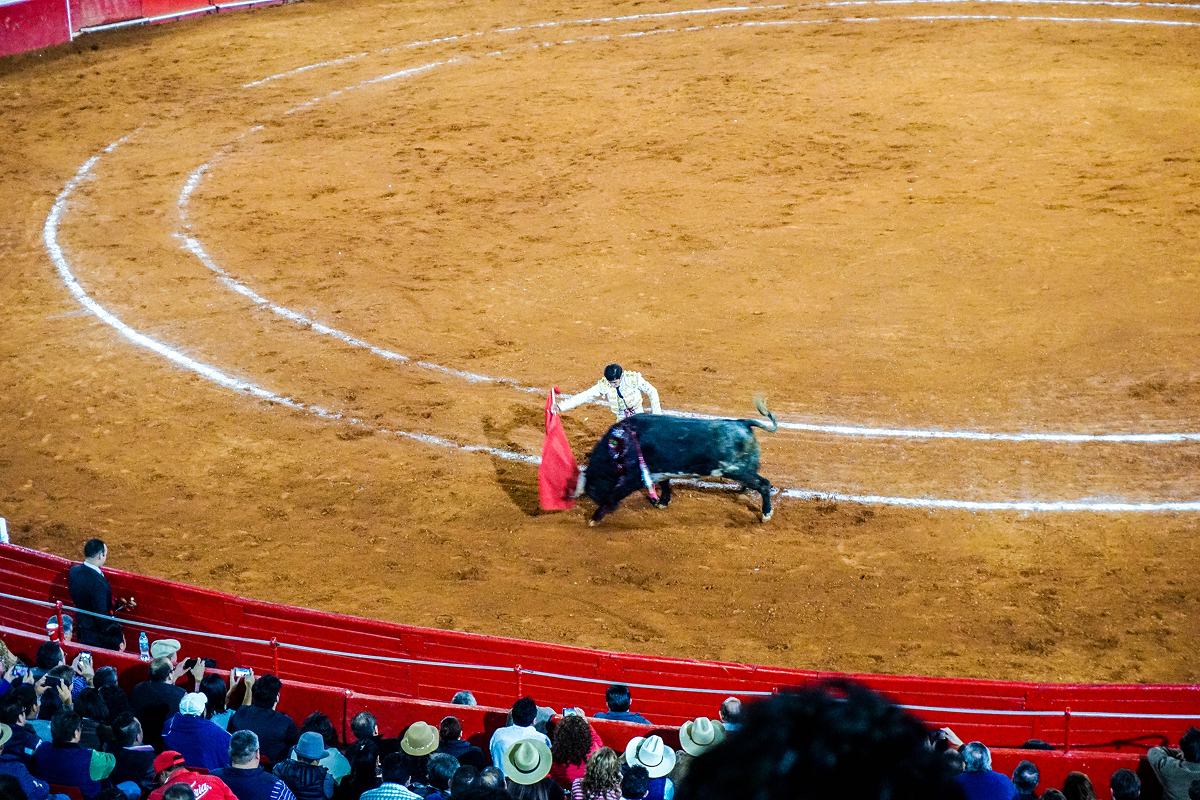traditional bullfighting. Credit: Katie Bordner. Creative Commons.
Colombia has taken a historic step towards abolishing bullfighting, reigniting the debate in Spain as views on animal welfare and cultural heritage evolve.
Cultural traditions come to an end
In May 2024, Colombia’s Congress passed the No Mas Ole Law, which bans bullfighting, rejoneos, and other related spectacles nationwide. The law allows for a three-year transition period, giving those employed in the bullfighting industry time to adapt before the ban fully takes effect in 2027. The ban also requires a comprehensive plan to support those affected, including alternative employment opportunities and the conversion of bullrings to cultural, recreational, sporting and artistic uses.
President Gustavo Petro welcomed the reform, saying in support of the bill’s passage that “justice cannot tell the world that killing sentient beings for entertainment is a culture.”
Rep. Juan Carlos Lozada said the decision signaled a cultural shift: “Future generations will grow up in a country where creativity replaces brutality.”
Spain’s lasting relationship with corrida (bullfighting)
Spain is one of the few countries where bullfighting continues to be protected by law as part of its cultural heritage. In 2016, the Constitutional Court overturned Catalonia’s attempt to ban the practice, arguing that the spectacle forms part of Spain’s national identity.
Public opinion tells a different story. A recent survey by Fundación BBVA found that 77 percent of Spaniards reject bullfighting, and the government’s culture minister, Ernesto Urtasun, said that “the majority of Spaniards are concerned about animal welfare.”
Several local governments have already canceled funding for bullfighting festivals due to declining attendance numbers and public discomfort.
Heritage versus humanity
Supporters of bullfighting argue that bullfighting sustains rural economies, preserves a historic art form, and provides employment in breeding, tourism, performance, and more. However, there are concerns that promises to support those affected by a potential ban will not be enough to protect livelihoods dependent on trade.
“From now on, all bulls will end up in slaughterhouses. Bullfighting is an ancient ritual with religious origins, and it’s sad that these animals have to die in secrecy,” Colombian cattle rancher Sáez de Santamaría told US broadcaster WLRN.
Critics counter that culture should evolve with a sense of ethics and that tormenting animals for entertainment is no longer justifiable.
Colombia’s cautious approach provides a practical example of reform that combines cultural sensitivity with decisive policy. That law includes education and employment programs to help workers transition into new roles, ensuring that tradition gives way to change rather than disappearing.
The changing frontier of morality
Spain is currently facing a cultural crossroads. The question is no longer whether bullfighting represents art or brutality, but whether the country’s sense of tradition can coexist with compassion. As Colombia has shown, ending bullfighting is not about erasing history, but about redefining what it means to be humane and modern.








